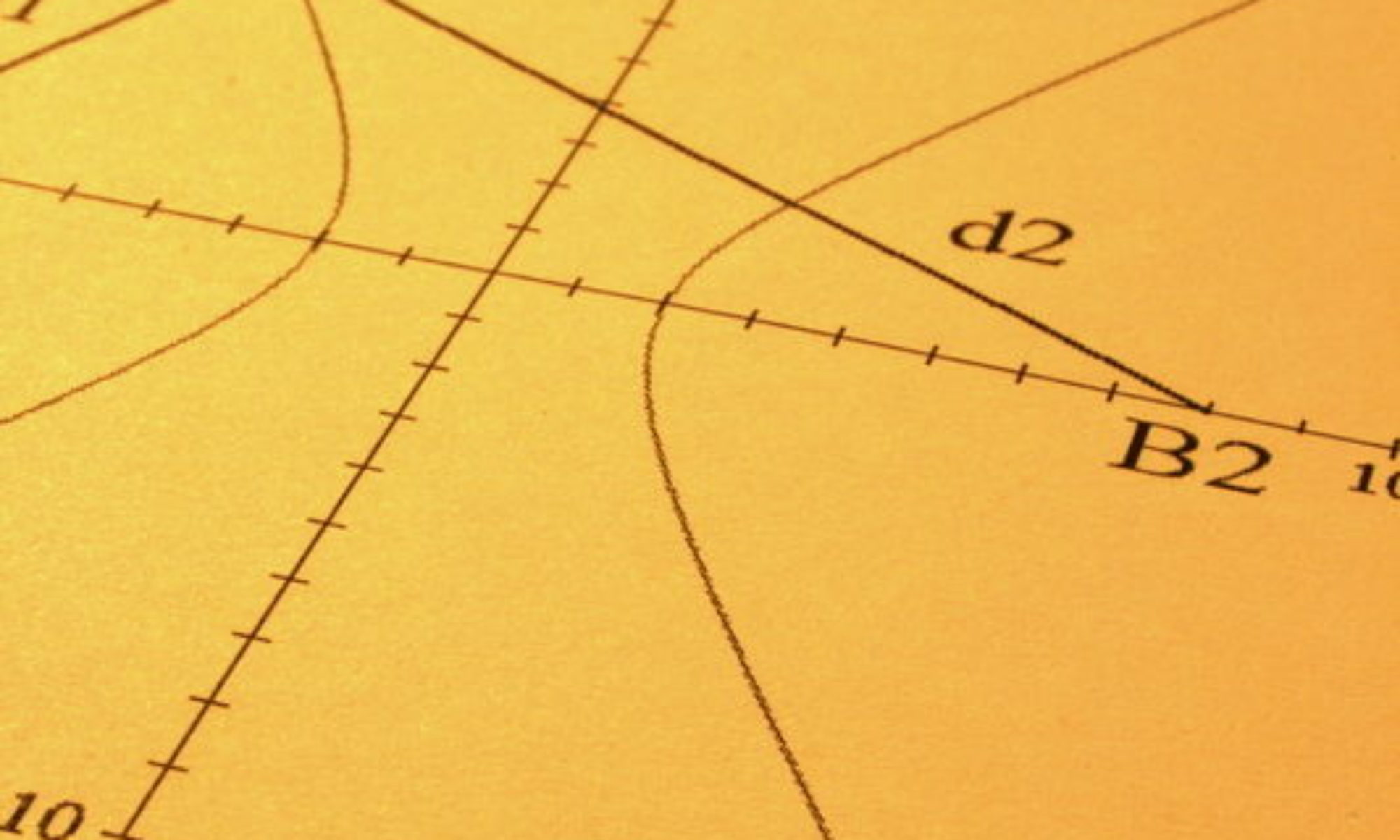As an A-level mathematics tutor, I notice that a large number of students beginning their A-level studies have remarkably poor algebra skills. This hard core of students (usually boys) are unable to manipulate fractions, confidently rearrange formulae, work with negative numbers or perform the necessary basic skills to progress in the subject. They repeatedly ask the same questions and try to learn methods by rote because they don’t have the skills to do otherwise. Teaching them can be very frustrating because the same issues are revisited again and again and little progress can be made until they learn basic skills which should have been learned at GCSE.
I should add that this is a minority of students but nevertheless a significant minority. If you recognise yourself in this category, do yourself a big favour and learn to walk before you try to run. Mathematics is a hierarchical subject and progression is made on the basis of having mastered prior skills.












